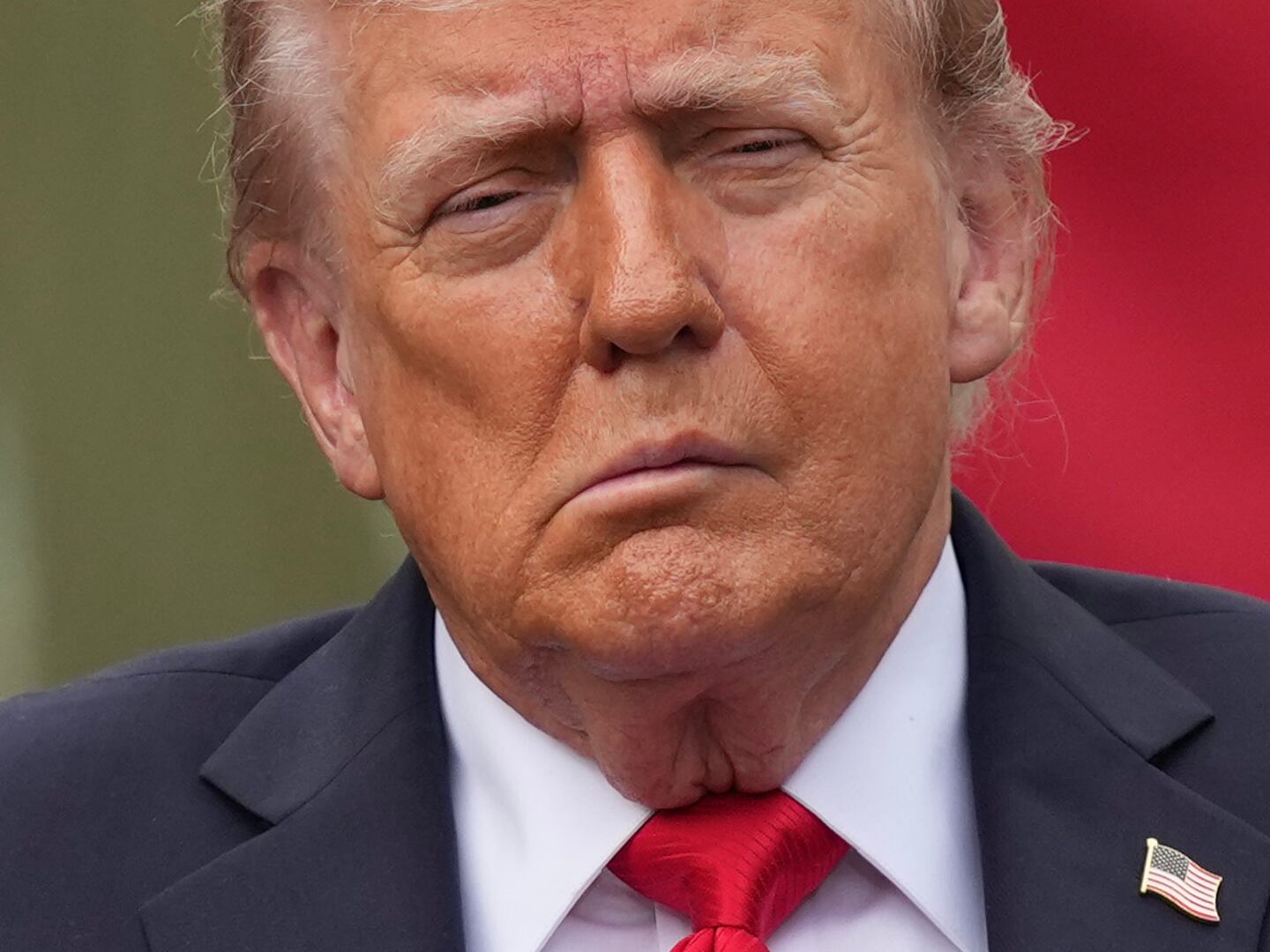Obamacare may be the last piece of big, bold legislation we'll see out of Washington for awhile.
The chattering classes have spent the last few days twittering about the political fallout from the Supreme Court's decision to uphold the Affordable Care Act. But our pundit-princes may be missing the bigger picture. The ACA squeaked past John Roberts & Co. by the narrowest of margins. It only got there after a grueling, coast-to-coast slog through the lower courts. And Mitt Romney is still vowing to repeal the program on "Day One" of his presidency. Two and a half years after emerging from Congress, Obama's signature achievement is still very much at risk.

Is it possible that our politics and our press have evolved—or devolved—to the point where it is so challenging to build the kind of consensus required to sustain an ambitious new law like Obamacare that future presidents may simply stop trying?
Even Obama, by many accounts one of the most persuasive politicians on the planet, has never been able to scrape together enough public support to keep the ACA out of harm's way. Since March 2010, the percentage of Americans with an unfavorable opinion of Obamacare has almost always outstripped the percentage of Americans who favor it. According to a new Washington Post poll, 52 percent regard the “federal law making changes in the health care system” in a negative light and only 39 percent regard it positively. And earlier this month, a CBS/New York Times survey revealed that 68 percent of the public wanted the Supreme Court to overturn some or all of the ACA.
If you want to figure out whether expansive legislation is going extinct, it’s important to understand why the public turned against Obamacare in the first place. Both sides have their theories. Liberals argue that Obama failed to sell, and later, to safeguard, his handiwork—that better speeches might have swayed the masses. “Of course the public thinks the law is unconstitutional,” Slate’s Dahlia Lithwick wrote in March. “They never heard a single word defending it.” Or as E.J. Dionne put it last Sunday, “maybe now, supporters of the ACA will find their voices and point to the 30 million people the law would help to buy health insurance, how much assistance it gives businesses, how it creates a more rational health insurance market, how it helps those 26 and under stay on their parents’ health plans, how it protects those with pre-existing conditions.” The only problem with Dionne’s suggestion that it’s exactly what Obama did on numerous occasions. It didn’t make a difference.
Meanwhile, Republicans claim the liberty-loving American people, who are (and always have been) opposed to even the slightest incursion on their God-given freedom, would never stomach Obamacare’s hellish individual mandate. This also seems unlikely. Back in 2004, 2005, and 2006 a very intelligent, very meticulous man spent a lot of time studying health-care reform. Eventually, he concluded that universal private coverage would only be possible if people were required to pay a fee when they refused to buy insurance. “It’s a kind of mandate,” he explained. “Help everybody get in the pool. That brings down the cost, and at the same time [it] makes sure that people don’t have to worry about losing their coverage... We want everybody in the system. No more free riders.” His name was Mitt Romney. A year or two later, one of Romney’s fellow Republicans praised his Massachusetts reforms, saying “well, that’s something that I think we should do for the whole country.” His name was Jim DeMint. It’s difficult to imagine that a majority of the electorate is either a) better-informed about health policy than Mitt Romney or b) more conservative than Jim DeMint. If these guys found a way to support the individual mandate, most Americans could have, too.
So why haven’t they? The answer, I suspect, is that it is becoming increasingly difficult to assemble a lasting consensus for change—amassing a wave of public support large enough to overcome our instinctive fear of the unknown and our natural reversion to the status quo—in a political, media, and technological climate that’s calibrated to thwart consensus at every turn.
By now, we're all aware of how such forces are shaping Washington. Back in 2009, the Republican minority abandoned the age-old art of legislative negotiation and decided to enforce monolithic obstructionism instead. The result was a new, extra-constitutional Senate in which the majority party now has to muster a 60-vote, filibuster-proof supermajority to get anything done.
In some rare cases—cases that only arise after the sort of landslide that Democrats won in 2008—a big, ambitious bill can still wend its way to the president's desk, as we saw with Obamacare. But the price that supporters pay is steep. By the time the ACA arrived in the Oval Office, it was already tattered, torn, and deeply despised by more than 40 percent of the electorate.
This didn't happen because Obamacare’s specific stipulations were inherently offensive. (Quite the contrary, actually.) Nor was it the result of the president’s poor salesmanship.
My sense is that structural forces are to blame. Obstructionism breeds overheated rhetoric, which in turn amplifies voter polarization; the more vociferously a particular party rails against a particular policy, the more vehemently its rank-and-file will object. These objections are then reinforced by a niche-ified media marketplace that offers everyone a place, whether online or on the air, to hear only the "news" they already agree with. Facebook and Twitter enhance the echo-chamber effect; people tend to trust their friends. The bigger the bill, the bigger the target—and the more reductive the attacks.
Meanwhile, the traditional, "objective" press, with its incurable institutional bias toward conflict and novelty, seems incapable of acting as much of a corrective; the players who generate the freshest, most frequent controversies—i.e., the legislation's critics—usually wind up getting the freshest, most frequent coverage, regardless of merit. At the same time, the complex, hard-to-grasp policy details of the law in question—what it does and whom it does it for—never really change, so they quickly stop being "news" and slip from the front page. This is the real reason the Pew Research Center recently found the "terms that were closely associated with opposition arguments, such as ‘government run,’ were far more present in media reports than terms associated with arguments supporting the bill, such as ‘pre-existing conditions.’” Obama's messaging had very little to do with it.
And so the vicious cycle churns on. Anger on Capitol Hill begets anger online and on TV. Anger online and on TV begets anger in the electorate. Anger in the electorate begets more anger on Capitol Hill. Repeal movements and legal challenges arise as a result.
The conventional wisdom says that this new paradigm is bad for Democrats (who want to improve the federal government) and good for Republicans (who want to dismantle it). But the GOP should be worried, too. After all, a bill that shrinks, privatizes, or eliminates an existing program is just as provocative—and just as likely to trigger the various anti-consensus reflexes that now define American politics and media—as a bill that creates a new one. If George W. Bush were to propose Social Security reform today, it would inspire an even bigger backlash than it did in 2005; if Romney were to follow Paul Ryan's Path to Prosperity as president, the resulting war would dwarf our current scuffle over Obamacare.
So it's not just the era of big government that's over. For Washington, it may be the end of big ideas as well.





